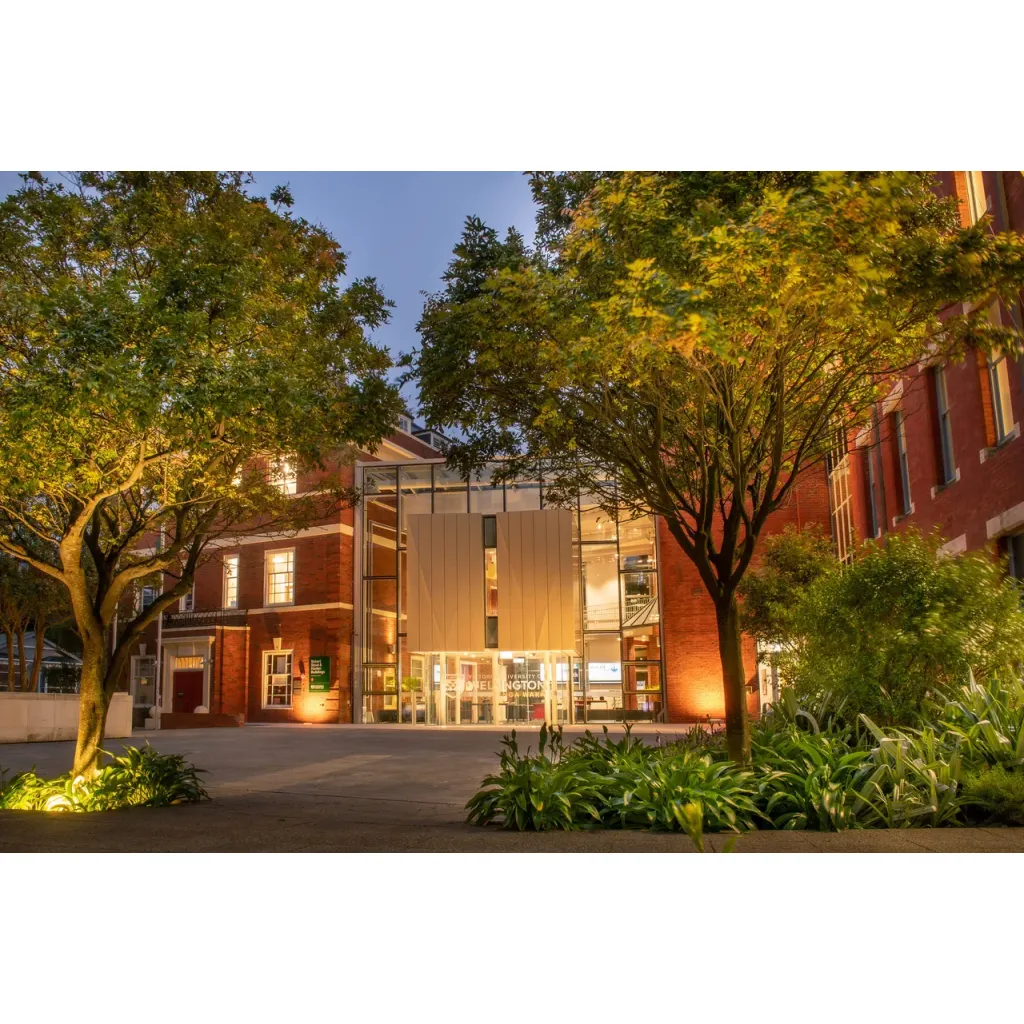We are constantly bombarded with news of unprecedented floods, droughts, hurricanes, and fires, signaling the imminent impacts of climate change. It can feel overwhelming, but we have the power to address this generational challenge and expedite the shift to clean, renewable energy.
To achieve this, the world requires individuals equipped with both the technical expertise to implement and manage renewable energy systems and the analytical skills to influence public energy policies. This is where the Master of Renewable Energy (MRE) program comes into play.
Two Learning Pathways
In our MRE program, you will gain a comprehensive understanding of sustainable energy technologies, including solar, hydroelectric, geothermal, and wind power.
- Renewable Energy Systems Engineering
This pathway focuses on the technical components of renewable energy systems. You will learn the intricacies of solar panels, wind turbines, and other renewable energy technologies. Additionally, you will explore how power is stored in the national grid and how power electronics enhance energy efficiency.
- Renewable Energy Systems Analysis
The analytical pathway delves into the economics of energy systems, energy markets, and regulatory frameworks. You will acquire skills in modeling and analyzing the sustainability of energy systems, preparing you for roles as an analyst or policymaker in organizations that handle energy systems.
